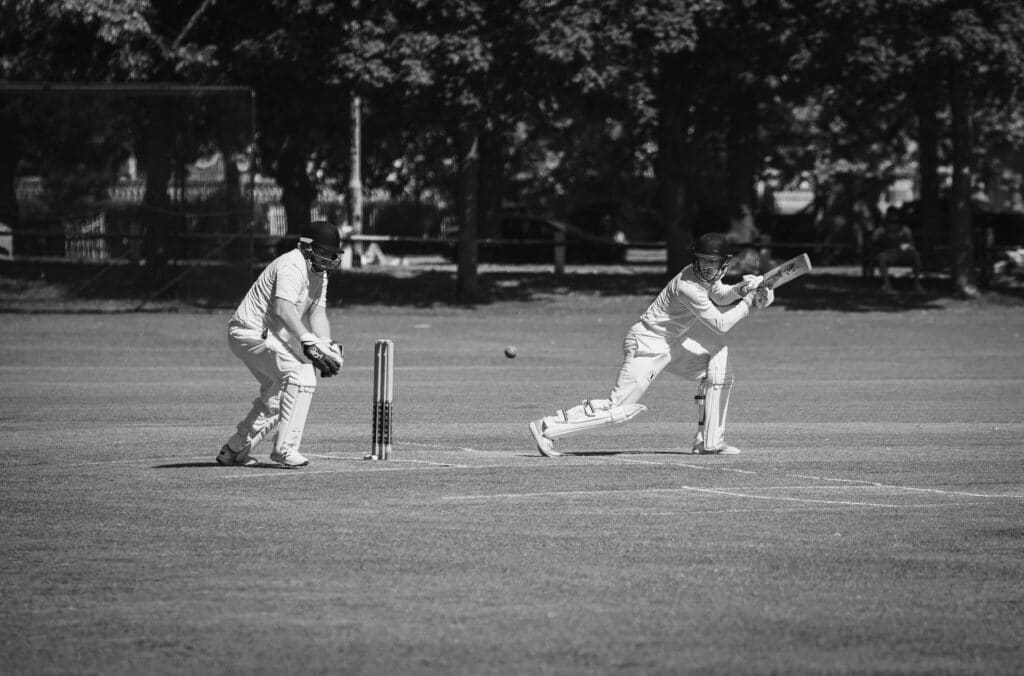How to prevent falls
What we’ll cover
How to prevent falls
Our physiotherapist Jason Lee, explores our balance system and how physiotherapy can help prevent falls and the injuries they can cause. Falls and balance training has been shown to greatly reduce the likelihood of falls and even minimise the likelihood of injury.
1 in 3 people over the age of 65 years fall each year. Scarily, that number increases with 1 in 2 people over the age of 80 experiencing a fall. The most common injuries that occur from falls include fractures to the hip, wrist or elbow.
How our balance system works?
Have you ever wondered why you don’t fall over every time you walk on uneven sand? Why you can often catch your balance when you can see well but struggle in poorly lit areas?
Maintaining balance depends on the brain receiving information and inputs from a wide variety of systems. These systems include our visual system (eyes), muscular system (proprioceptive input from our joints, muscles and ligaments) and our vestibular system (inner ear). These systems are providing feedback, detecting movement and adjusting regardless of how big or small the movement may be. Using this feedback, the brain can then send messages to instruct muscles to move and make adjustments to body position that will maintain balance and co-ordination.
How to prevent falls and improve balance?
Importantly, the risk of falls can be dramatically reduced by exercise. A recent review which included 46 studies (22 709 participants), assessed whether exercise can reduce the likelihood of falls and related injuries.
Long-term exercise has been shown to reduce the likelihood of falling by just under 10%. On top of this, It has been proven that older people who participate in exercise programs are not only less likely to fall but also less likely to be injured if they fall. The review also identified that exercise reduced the likelihood of falls related injuries reduced by 5%.
Other things to be mindful and wary of include your surrounding environment. An alarmingly large number of falls occur within the family home. Ensuring adequate lighting, securing loose rugs or cords and keeping an eye on appropriate footwear are things that should be monitored at home.
Can balance be improved?
As discussed, balance is a multi-factorial. Whilst our vestibular and visual systems cannot necessarily be improved, your muscular system can be improved by specific falls and balance exercises. Indirectly, improving and challenging all these systems on a regular basis has been shown to improve balance and dramatically reduce the likelihood of falls.
Your exercise program should always include resistance or strength training and specific balance exercises.
How much exercise do older people need to do to prevent falls?
Any exercise is going to be better than nothing. Ideally, it has been proven that an exercise program which includes aerobic, strength and balance training for at least 50 minutes, 2 or 3 times per week, dramatically reduced the risk of falls.
Equally important is ensuring that you perform exercises that are enjoyable and practical.
What balance exercises should I do?
Balance training and exercises are designed to be challenging. Ensure that at all times you are in a safe environment and can reach for something secure if required. Additionally, with practice, you will notice your balance improves and exercises that were previously challenging, become progressively easier.
Falls and balance exercises:
Sit to stand
Staggered sit to stand
Walk the tightrope
Standing balance with Figure 8’s
How can physiotherapy help prevent falls and injuries associated with falls?
Physiotherapists can assess the likelihood of an individual falling, by performing a comprehensive and thorough falls and balance assessment.
During this assessment, your physiotherapist will assess a range of movements and identify the most efficient and safest way to improve your balance. These tests are designed to be challenging and will test your balance in a safe environment.
Older people can take part in exercise programs without worrying that it may increase the risk of falling or chance of injuries themselves. Physiotherapists are well equipped to prescribe an individualised exercise program which includes resistance training, functional exercises and balance exercises.
Our team at Malvern East Physiotherapy have a range of experience treating and managing older adults. Depending on the goals, they can provide a comprehensive, safe exercise program which is practical and easy to follow. Our clinic can also provide a range of onsite physio supervised and designed exercise services, which include clinical strength, our older adults exercise class and falls and balance exercise groups.
If you or someone you know is worried about balance or falling, contact our friendly team on 9571 6888 or book online today.


